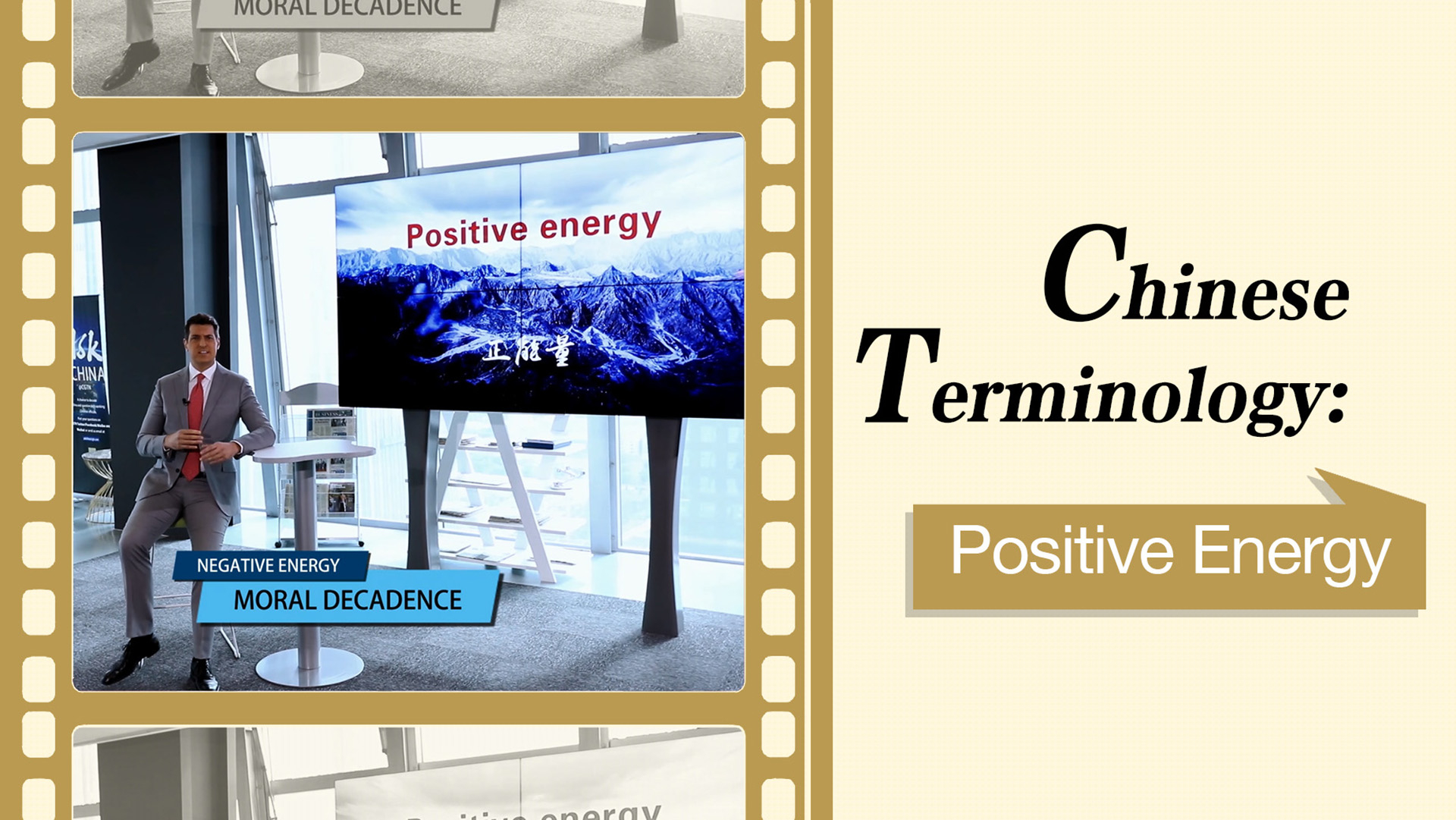
China
15:46, 30-Dec-2018
Chinese Terminology: Positive Energy
Updated
15:22, 02-Jan-2019
By Guan Chao, Sun Zhifu
01:39

In the 1930s, British physicist Paul Dirac established his quantum electrodynamics theory, in which he introduced the term positive energy. But we're not talking about physics today. In China, positive energy has become a buzzword that can be used to describe anything good.
The physics term was first transplanted into the social science field by British writer Richard Wiseman in a 2012 book, explaining his psychological methods for helping people get out of the low ebbs in life.
During the opening of the London Olympics, the phrase found its way into China's social network and was used to describe actions that have a positive influence on society.
But it was after President Xi used it in a 2013 speech that it quickly spread and was elevated to the realm of national governance.
For example, anything orderly and transparent, or anything that follows justice and rule of law can be described as positive energy; while corruption, unfairness, fraud, and indolence are negative energy.
For individuals, honesty, happiness, and resilience are positive energy; while pessimism and moral decadence are negative energy. A positive person always appreciates and looks ahead while a negative person always complains and turns backward. Life will not always be easy. The question is how we deal with it? I think the answer is pretty clear now.
CGTN's special series “Chinese Terminology”, which was launched on November 26, marks the 40-year anniversary of the country's reform and opening-up program. The episodes, hosted by CGTN anchors Jeff Moody and Jonathan Betz, are aired every day at 20:15, 12:00 and 16:00 BJT.

SITEMAP
Copyright © 2018 CGTN. Beijing ICP prepared NO.16065310-3
Copyright © 2018 CGTN. Beijing ICP prepared NO.16065310-3